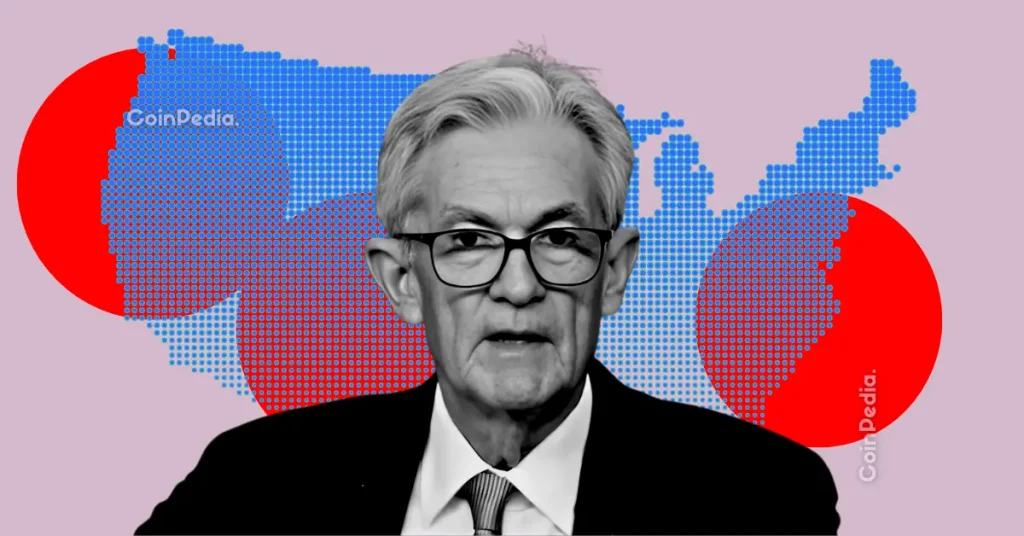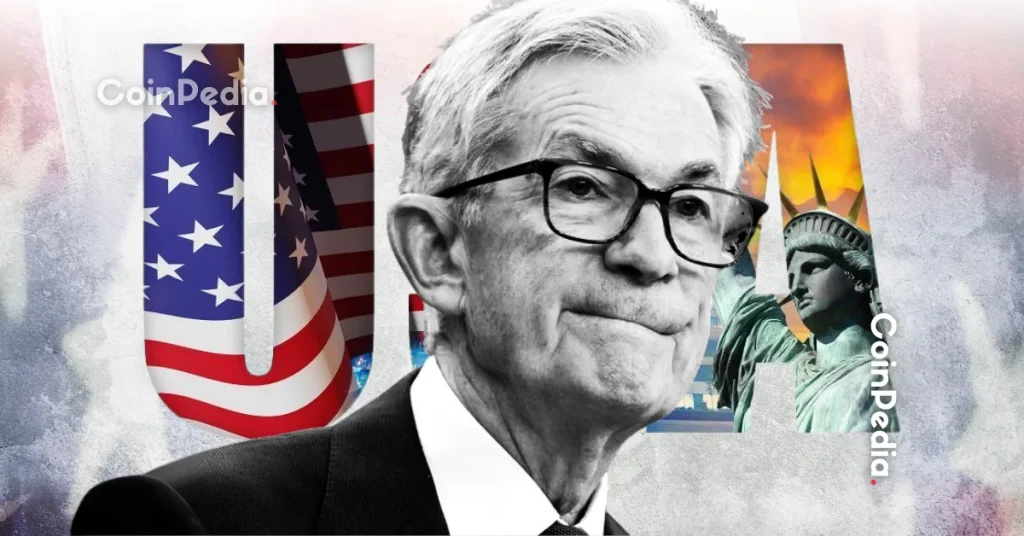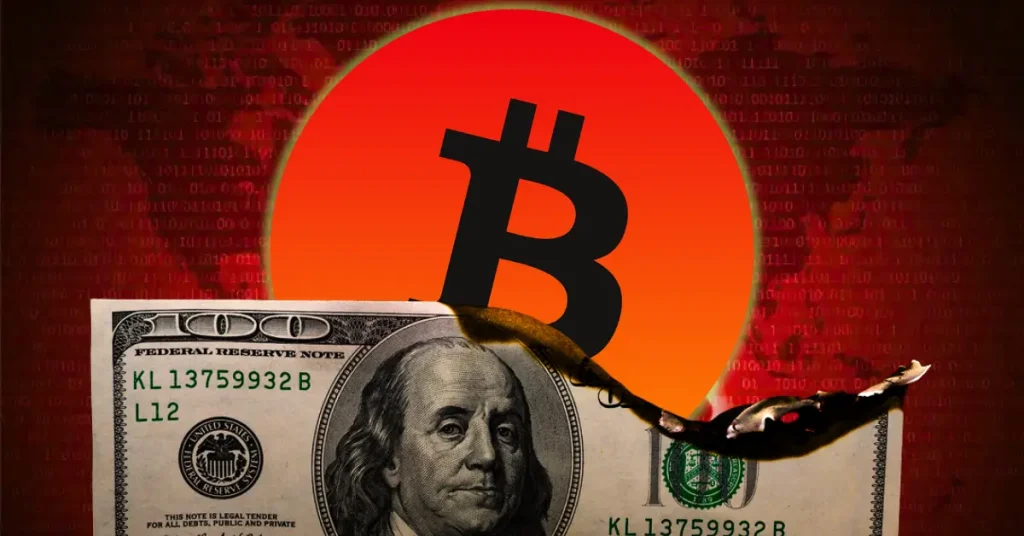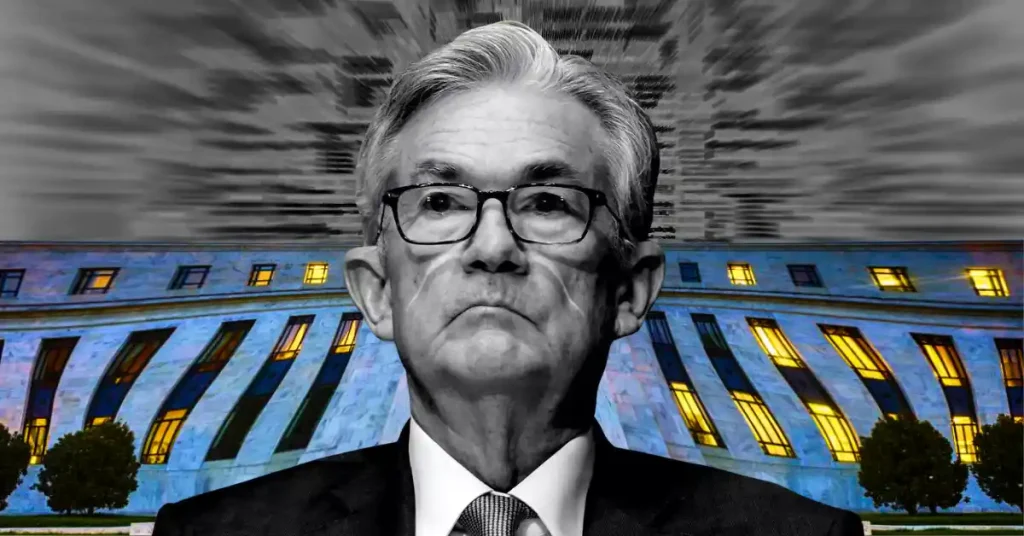In a move that is sending ripples through both the cryptocurrency and luxury real estate markets, Eric Trump, son of former U.S. President Donald Trump, has confirmed that properties at the prestigious Trump Tower Dubai will now be available for purchase using crypto payments . This announcement, initially reported by Walter Bloomberg on X, signals a significant step towards integrating digital currencies into high-value asset transactions. For years, the idea of buying property with Bitcoin or other cryptocurrencies has been a topic of discussion, often confined to niche markets or early adopters. The decision by a brand as globally recognized as Trump, specifically concerning a high-profile development like Trump Tower Dubai, lends considerable weight and mainstream attention to the concept of real estate crypto transactions. What Does Accepting Crypto Payments Signify for Luxury Real Estate? The adoption of cryptocurrency as a payment method in luxury real estate markets like Dubai is more than just a transactional shift; it’s a cultural and technological statement. It suggests a recognition of the growing wealth held in digital assets and an eagerness to tap into a global pool of potential buyers who may prefer or require the use of crypto. Here are some key implications: Expanding Buyer Pool: It opens the market to individuals who have accumulated significant wealth through cryptocurrency investments and are looking to diversify into tangible assets like real estate. Global Accessibility: Cryptocurrency transactions can bypass traditional international banking hurdles, potentially simplifying cross-border deals for buyers around the world. Modernizing Transactions: It positions the development as forward-thinking and technologically advanced, appealing to a demographic that is comfortable with digital finance. Setting a Precedent: If successful, this move could encourage other luxury developers and real estate firms globally to explore accepting crypto payments . Why is Trump Tower Dubai Leading This Charge? Dubai has positioned itself as a global hub for innovation and business, including a growing interest in blockchain and cryptocurrencies. The city’s regulatory environment has been relatively more welcoming to crypto compared to some other major financial centers. For a development like Trump Tower Dubai, located within this progressive ecosystem, embracing crypto payments aligns with the city’s ambitions and potentially offers a competitive advantage. The decision likely stems from a strategic assessment of the market: Dubai attracts a diverse, international clientele, many of whom are involved in tech and digital finance. The luxury market often seeks exclusivity and novel transaction methods. Partnering with established crypto payment processors can mitigate some of the risks associated with handling digital assets directly. The Role of Eric Trump in Promoting Crypto Adoption While the specific details of how Eric Trump crypto involvement materialized aren’t fully public beyond the announcement, his confirmation highlights the Trump Organization’s willingness to explore new payment technologies. His public statement lends credibility and visibility to the initiative. This isn’t the first time the Trump brand has intersected with the digital asset space, but accepting crypto directly for real estate is a significant, tangible step. His announcement underscores that interest in cryptocurrency is extending to traditional business sectors and prominent family brands, moving beyond just tech startups and investment firms. It signifies an acknowledgment from a traditional business perspective that crypto holds value as a medium of exchange for high-value assets. The Growing Trend of Real Estate Crypto Transactions The news from Trump Tower Dubai is not happening in a vacuum. The trend of using cryptocurrency for real estate transactions has been slowly building momentum globally. While still a small fraction of the overall market, instances of properties being bought and sold using Bitcoin, Ethereum, and other digital currencies are becoming more frequent. Factors driving this trend include: Increased awareness and acceptance of cryptocurrencies as legitimate assets. The maturation of crypto infrastructure, including exchanges and payment gateways. High net worth individuals holding substantial portions of their wealth in crypto. The desire for faster, potentially cheaper cross-border transactions. While challenges remain, such as volatility and regulatory clarity, the infrastructure supporting real estate crypto transactions is improving, making it a more viable option for both buyers and sellers. Is Bitcoin Real Estate the Future? When people talk about buying real estate with crypto, Bitcoin is often the first currency that comes to mind due to its market capitalization and recognition. The concept of Bitcoin real estate transactions has been explored for years, with various properties, from apartments to mansions, being listed or sold for BTC. The potential benefits of using Bitcoin (or other cryptocurrencies) for real estate include: Benefit Explanation Speed Crypto transactions can settle much faster than traditional bank transfers, especially internationally. Lower Fees (Potentially) Transaction fees can sometimes be lower than traditional wire fees, though this varies by network congestion and currency. Transparency Transactions are recorded on a public blockchain, providing a verifiable ledger. Global Access Anyone with an internet connection and a crypto wallet can participate, regardless of geographical location or banking access. However, significant challenges exist: Volatility: The value of Bitcoin can fluctuate dramatically in short periods, creating risk for both buyer and seller during the transaction process. Regulation and Taxes: The regulatory landscape for crypto used in real estate is still evolving, and tax implications (capital gains, property transfer taxes) can be complex. Logistics: Determining the exact crypto price at the time of sale, handling escrow, and ensuring clear title transfer require specialized processes and legal frameworks. Security: Ensuring secure wallet transfers and protecting against fraud is paramount. Despite these challenges, the move by Trump Tower Dubai suggests that mechanisms are being put in place to address them, likely involving third-party processors who handle the conversion and legal aspects. Actionable Insights for Buyers and Sellers If you are considering buying or selling real estate using cryptocurrency, the Trump Tower Dubai announcement highlights that the option is becoming more available, but it’s crucial to proceed with caution and due diligence: Consult Experts: Engage with legal, tax, and real estate professionals who have experience with crypto transactions. Understand the Process: Know how the cryptocurrency will be valued at the time of the transaction and how the transfer and conversion will be handled. Be Aware of Volatility: Have a clear agreement on how price fluctuations will be managed between the offer and closing. Verify Security: Ensure the payment processor or method used is reputable and secure. For developers and sellers, accepting crypto payments requires setting up the necessary infrastructure, often through partnerships with specialized payment gateways, and navigating the associated legal and financial complexities. Conclusion The confirmation from Eric Trump that Trump Tower Dubai will accept crypto payments marks a notable moment in the convergence of digital assets and traditional high-value markets like luxury real estate. It underscores the increasing legitimacy and utility of cryptocurrencies beyond just investment vehicles. While challenges related to volatility, regulation, and transaction logistics remain, this move by a prominent brand in a major global city like Dubai is a strong indicator that real estate crypto transactions, potentially including Bitcoin real estate deals, are becoming a more integrated part of the global property landscape. As the crypto market matures and regulatory frameworks evolve, we can expect to see more developments following suit, further bridging the gap between digital wealth and physical assets. To learn more about the latest crypto market trends, explore our article on key developments shaping Bitcoin price action.














